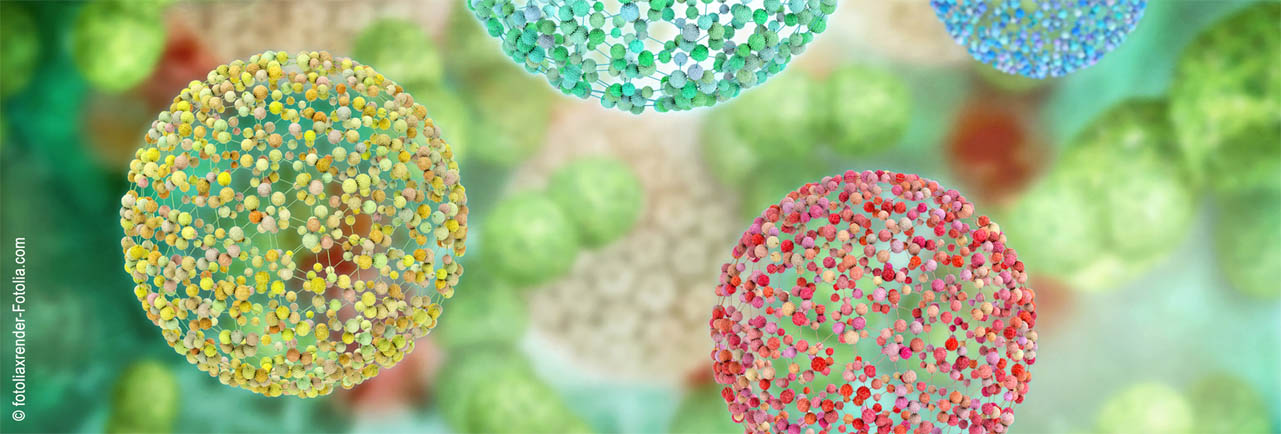Speaker
Description
Solid-supported polymer membranes (SSPMs) are well-suited models to study physicochemical properties of self-assembled, polymeric membranes due to their accessibility to surface-sensitive techniques such as Quartz-Crystal Microbalance with Dissipation (QCM-D) and Atomic Force Microscopy (AFM). Additionally, when equipped with functional moieties such as biomolecules (membrane proteins, enzymes) or artificial building blocks, SSPMs can further be applied to create “smart surfaces”.[1] In order to enhance the functionality of these systems, there is a high need for novel functional building blocks, such as selective transporters and receptor-like molecules. Resorcinarenes (Rs), which self-assemble into hexameric capsules with a defined cavity in water-saturated, apolar solvents, have the capability of selective guest molecules encapsulation.[2] In this joint project, we aimed for generation of hybrid membranes with selective uptake function by insertion of Rs into planar polymer membranes, using a new, solvent-assisted approach.[3, 4] The major difficulty here was to provide strictly apolar conditions for capsule assembly as well as to assess their functionality inside the membrane. For this purpose, we developed a fluorescence-based assay as well as a surface-sensitive QCM-D assay, which allow for the analysis of capsule assembly in polymer environment, and for real-time monitoring of deposition as well as of specific guest molecule uptake and encapsulation in an aqueous environment, respectively.
References
- S. Yorulmaz Avsar et al., Front Chem, 2019, 6, 645
- Q. Zhang and K. Tiefenbacher, Nature Chemistry, 2015, 7, 197-202
- S. Di Leone et al., Biomacromolecules 22, 3005–3016, 2021
- A. R. Ferhan et al., Nature Protocols, 2019, 14, 2091-2118

